Links
-
George Downing's exploration of how psychotherapists can include bodily dimensions in their practice.
-
European Association of Body Psychotherapy.
-
AVP: Association of psychologists in the Swiss Canton of Vaud.
-
FSP: Swiss Federation of Psychologists.
-
School of physiotherapy: Urs Daendliker's Ecole du repos, Sion (Switzerland).
-
Vegetotherapy site of Bjorn Blumenthal in Oslo
-
Body psychotherapist working in Hambourg and Lünebourg, Germany
-
Carole Gammer' school of systemic psychotherapy
-
Link to the PSYCHOANALYTIC BODY FOCUSSED PSYCHOTHERAPY (AKP) and Peter Geissler’s work.
-
An article on one of my ancestors: the geologist Melchior Neumayr.
-
Véronique Haynal Psychotherapy using body mind techniques and coaching. French and English
-
Somatic Psychotherapy Today is an excellent magazine on somatic psychotherapy, published by Nancy Eichhorn, who had interviewed me several times.
-
perfectreplicawatch.is is one of the premier watch replica websites and are known for providing quality replicas at competitive prices.
-
International Body psychotherapy Journal (IBPJ)
-
Rubens Kignel dialogues with other historical figures of the Gerda Boyesen method(Ebba Boyesen, Clover Southwell, Christiane et François Lewin, Michel Heller, etc.)
-
Interviews of practitioners and trainers in body psychotherapy by Rubens Kignel.
-
Psychiatrist in Basel (Switzerland) who uses Bio-energetic Analysis, and participated in the modernization and humanization of Swiss psychiatry.
-
Link to the the Swiss Hakomi school, which teaches several body mind-methods.
-
Link to the the Swiss Hakomi school, which teaches several body mind-methods.
-
To learn Chinese callgraphy.
-
Le Noirmont Clinic, psychosomatic readaptation combining body-mind approaches from Asia and Europe
-
Filmed conferences given by renowned contemporary psychotherapists to explained how the notion of an embodied mind can help the development of psychotherapy. The web site focuses on ideas that are popular in Great Britain.
-
Highly interesting Fondation chaired by Duc Lê Quang, on how to coordinate chinese and european thinking, mostly in psychotherapy
News
-
For a new psychosomatic: what breaths between head and legsPsychotherapy of an organism (presentation & workshop) Symposium of the Le Noirmont ... more info
-
Michel Heller is interviewed by Helen Payne on body psychotherapy and researchOn a life trying to understand individuals as an organismic system, in which psychological, ... more info
-
Michel Heller (2022). L’organisme intime. Approches psycho-corporelles des troubles fonctionnels. Paris : L’Harmattan.The Intimate Organism is an analysis of the use of mind-body approaches to treat patients who ... more info
Quotes
-
Pierre Janet:«More generally, can we precisely separate physiological functions and psychological functions? Neuropathic disorders [...] are the expression of the activity of the entire organism, of its growth, its evolution, its involution. [...] Psychology is not independent of physiology, but it requires a more delicate, deeper physiology than that of digestion or respiration. The study of nervous and mental illnesses, far from being able to do without physiological and medical knowledge, will increasingly require much more in-depth physiology and medicine.” » (Pierre Janet, 1923, La médecine psychologique, III.II.2, p. 151)
-
Lamarck: Biological flexibility«Le point essentiel à considérer est que, dans tout système d’organisation animale, la nature ne peut avoir qu’un seul moyen à sa disposition, pour faire exécuter aux différents organes les fonctions qui leur sont propres.» (Jean-Baptiste de Lamarck, 1809, Philosophie Zoologique, III, Introduction, p. 464) NB The english translation does not accept this point of view.
-
The soul according to Descartes« Art. 30. The soul is in a very real sense joined to the whole of body, and that it cannot stritctly speeking be said to be in one of its parts to the exclusion of the rest, first because the body is a unity and in a sens indivisible, on account of the disposition of its organs, which are so closely connected with one an other that, when one of them is removed, the whole body is rendered defective; and secondly, because the soul is of a nature that has no relation to extension ot to the dimensions or other properties of the matter of which the body is constituted, but relates only to the total combintation of the body's organs.» (René Descartes, 1649, The Passions of the Soul, p. 207, translation by Michael Moriatry)
-
"Good sense is the most evenly shared thing in the world,""for each of us thinks he is so well endowed with it that even those who are the hardest to please in all other respects are not in the habit of wanting more than they have." (Descartes, Discourse on the Method of Properly Conducting One's Reason and of Seeking the Truth in the Sciences I. Translator: F. E. Sutcliffe)
-
As man thrived in different regions of the globe, he increased in number, established in society with fellow creatures,"and finally progressed and became civilized, his delights, his needs, increased and became more and more diversified ; he developed increasingly varied ways of relating to the society he lived in, which, among other things, generated increasingly complex his personal interests. His inclinations subdivided endlessly, generated new needs that activate themselves beyond the scope of his awareness. These grew into a huge mass of links that control nearly every part of him, without him being able to perceive it." (Lamarck, Lamarck, Histoire Naturelle des Animaux sans Vertèbres , vol. 1, 1815 : 278). Translated by Marcel Duclos and Michael Heller
Books of Michel Heller
-
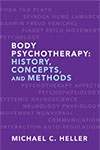
Body Psychotherapy
history, concepts & methods
New York: W.W. Norton, 2012
more info + order -
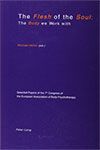
Flesh of the Soul
The body we work with
Bern: Peter Lang, 2001
more info + order -
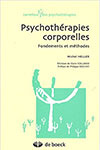
Psychothérapies corporelles
Fondements et pratiques
Louvain: DeBoeck, 2008
more info + order -
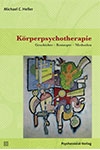
Körperpsychotherapie
Geschichte - Konzepte - Methoden
Erschienen im Oktober 2017
more info + order -
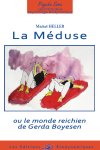
La Méduse
ou le monde reichien de Gerda Boyesen
Les Editions Biodynamiques
more info order -
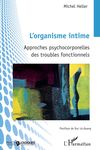
L'organisme intime
Approches psychocorporelles des troubles fonctionnels
more info + order
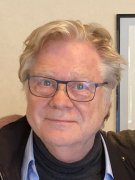
Michel Heller, Docteur in psychology & sport
Psychologist & Psychotherapist AVP/FSP/EABP
Avenue Virgile-Rossel 18
1012 Lausanne
021 683 17 47
Languages spoken : English & French
IMPORTANT: For an appointment, please telephone.
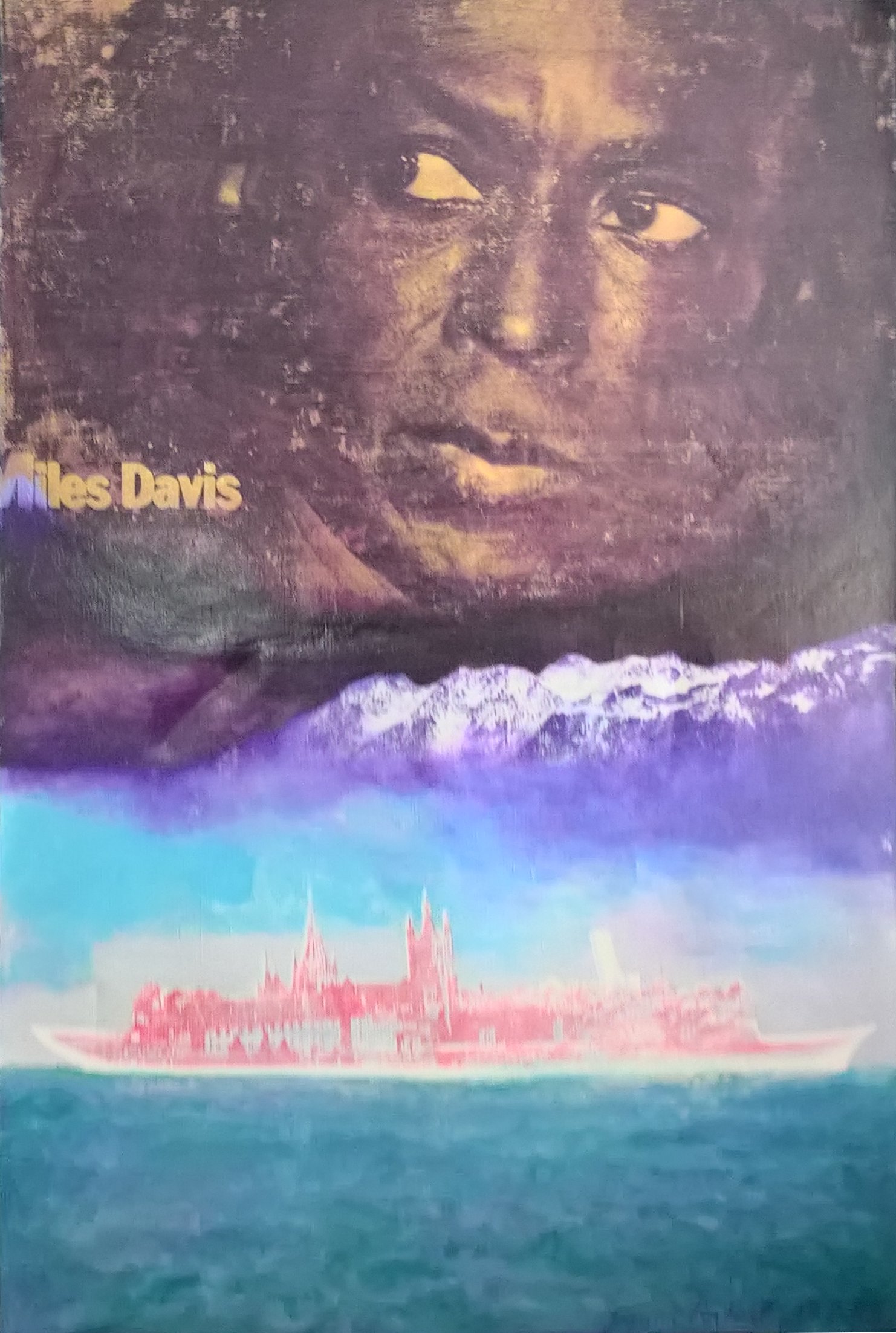
painted by Joanna Raphael